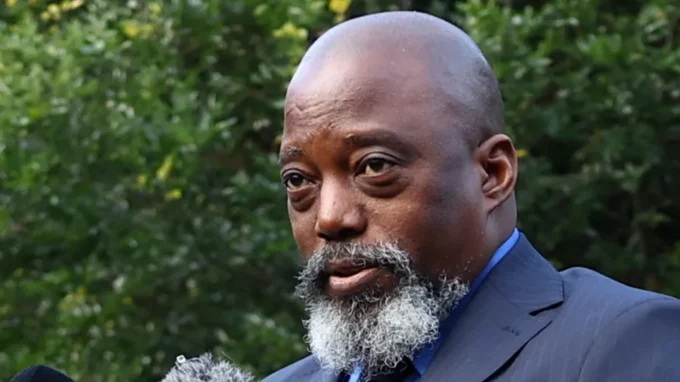The Dutch government is considering Uganda as a potential destination for African asylum seekers whose applications have been rejected in the Netherlands. This proposal has raised questions regarding its feasibility and legality, as it touches on sensitive issues of migration, human rights, and international diplomacy.
According to a report by Reuters, the conservative Dutch administration is exploring the possibility of relocating rejected asylum seekers to Uganda, a country far from the migrants’ European destination. Dutch Minister for Foreign Trade and Development, Reinette Klever, revealed the plan during her recent visit to Uganda. Though still in its early stages, the proposal has already sparked debate within both nations and across the broader European Union.
Klever’s comments during her visit reflect the growing pressure on European governments to find solutions to the persistent challenge of illegal migration. “We are actively looking at all options to manage the influx of migrants while maintaining the integrity of our asylum system,” Klever said. However, she stopped short of providing specific details on how such a plan would be implemented or whether it adheres to international legal standards.
In Uganda, Foreign Affairs Minister Jeje Odongo responded cautiously to the proposal, emphasizing that his government is open to discussions. “We are open to any discussions,” Odongo said in an interview with Dutch broadcaster NOS, suggesting that Uganda is willing to engage in dialogue but has not yet committed to any formal agreement.
The concept of sending rejected asylum seekers to a third country is not new in global migration policy, but it remains highly contentious. Many human rights groups argue that such measures could violate international refugee conventions, particularly if the asylum seekers are sent to countries where they may face further hardship or inadequate protection. Uganda, though often lauded for its progressive refugee policies, is already grappling with a large refugee population, mainly from neighboring countries like South Sudan and the Democratic Republic of Congo. The addition of African migrants denied asylum in Europe could place further strain on the country’s resources.
At the European level, the Dutch proposal aligns with broader efforts within the European Union to tighten migration controls. European Commission President Ursula von der Leyen recently emphasized the need for a unified approach to migration management in the face of mounting pressure from EU member states. In a letter to EU leaders ahead of the European Council meeting on October 17–18, von der Leyen highlighted ten key areas where the Commission intends to strengthen its stance on migration. This includes tackling illegal immigration, enhancing border security, and addressing the growing concerns that migration poses a security risk to the union.
“In the coming mandate, the Commission will continue to ensure that we stand fair and firm on migration, addressing what we all agree to be a European challenge,” von der Leyen wrote in the letter, signaling that migration will remain a top priority for EU policymakers in the near future.
The Netherlands, like several other European nations, has seen an influx of migrants in recent years, leading to growing political tensions and calls for stricter migration policies. The Dutch government’s consideration of Uganda as a destination for rejected asylum seekers reflects a broader trend within Europe, where governments are increasingly looking for ways to offload migration challenges to countries outside the continent.














Leave a comment